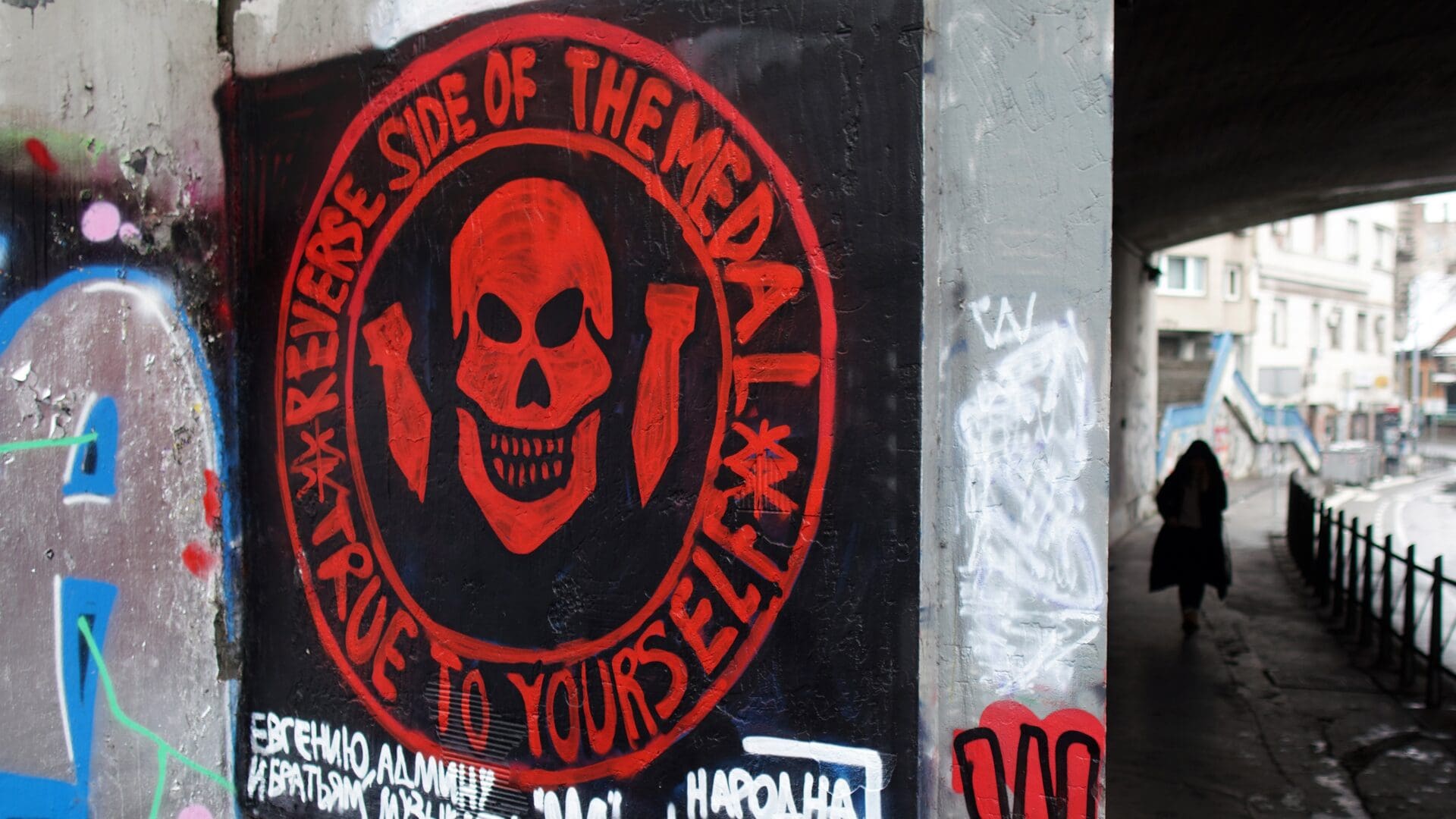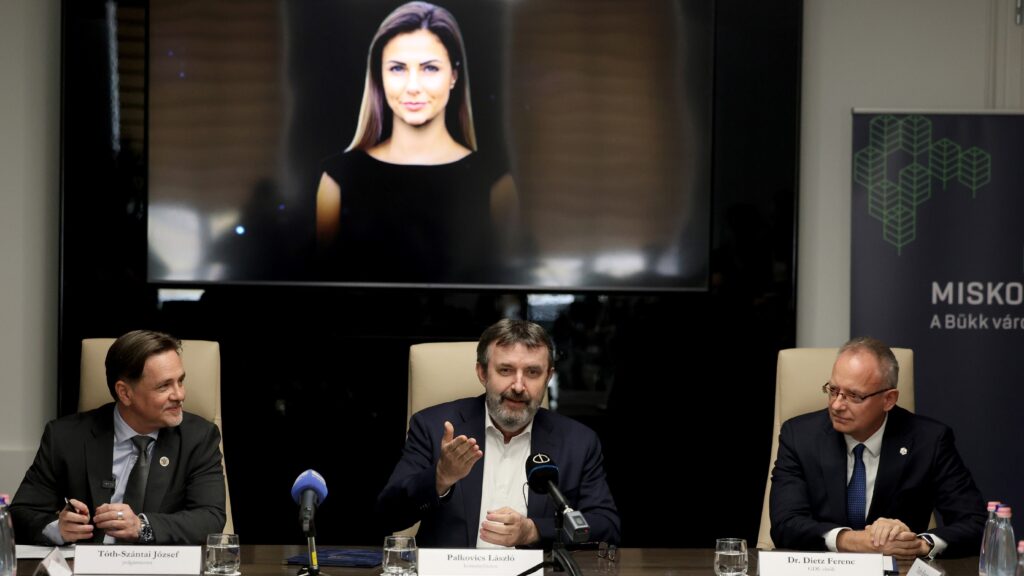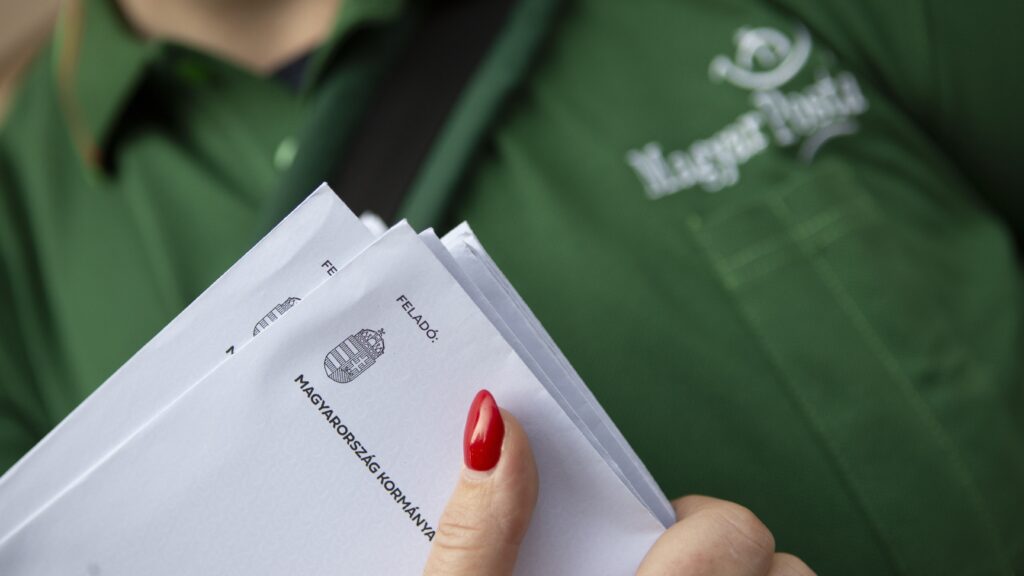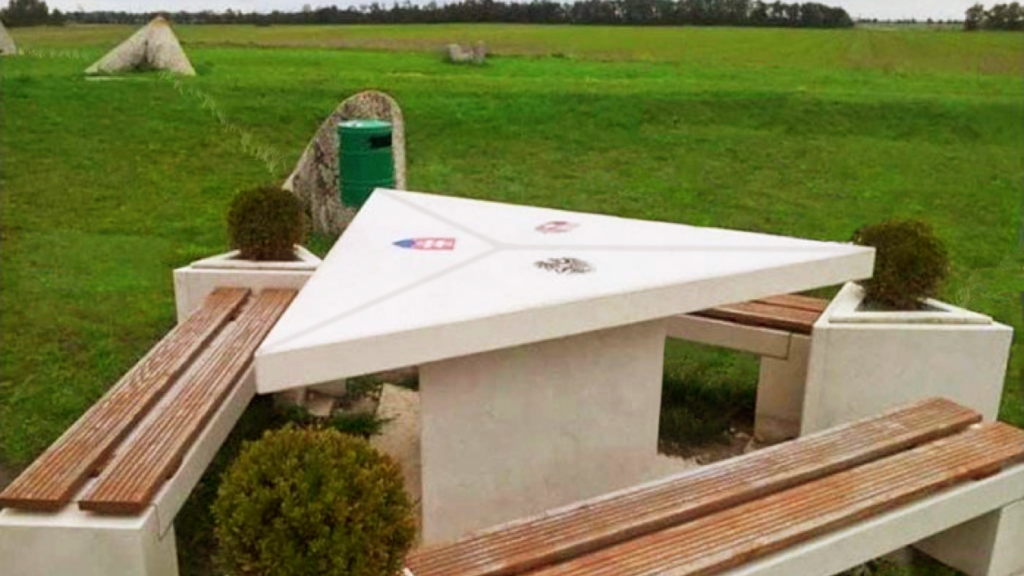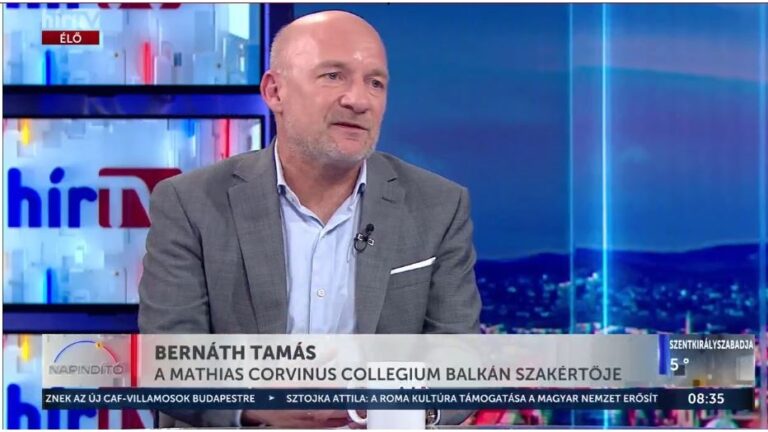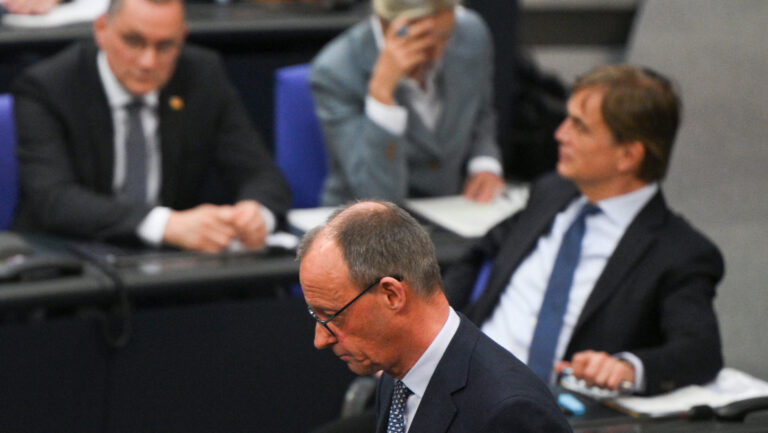In Serbia, Hungary’s southern neighbour, advertisements have been circulating online that are calling on young men to join Russia’s Wagner Group to fight against Ukraine. The Wagner Group is a private security company, established in 2014, that is known to have fought in a series of countries in the Middle East and in Ukraine as well, ever since the beginning of the invasion. The advertisements recruiting volunteers were published in Serbian on Russian websites and in social media groups.
In response to the scandal, Serbian President Aleksandar Vucic condemned Moscow’s campaign and highlighted that under Serbian law it is prohibited for the country’s citizens to participate in conflicts abroad. Some people have been already prosecuted in Serbia for engaging in fighting abroad, as a small number of Serbian nationals have been fighting alongside Russian forces in Ukraine since 2014. The Wagner Group also published a video where Serbians appeared to have been training together with Russian soldiers. Overall, the Wagner Group appears to have appealed to right-wing nationalists in Serbia with its recruiting drive. Not long ago, a mural appeared on a wall under a bridge in Belgrade that depicts the Wagner Group’s logo (a red skull against a black background) signed by a Serbian nationalist group. Following the advertisements, criminal complaints were filed against the Russian ambassador in Belgrade—but the charges will most likely be dropped as he enjoys diplomatic immunity.
In the early months of the war, the West also encouraged volunteers to join the fighting, on Ukraine’s side. Liz Truss, then Foreign Secretary, later briefly Prime Minister of the UK endorsed British citizens who wanted to travel to Ukraine to fight against Russia. Truss’ enthusiasm for volunteers went so far that Number 10 had to distance itself from the statements of its high-ranking official, highlighting that the Foreign Office discourages travel to Ukraine due to the security situation. Nevertheless, Ukraine remained active in calling for volunteers from the West, with even the Canadian Embassy of Ukraine openly encouraging individuals to join the fighting. In the early weeks of the war, Ukraine reported that around 20,000 people form 52 different countries volunteered to join the struggle to fight against Moscow.
Recently, the United States has designated the Wagner Group as a ‘transnational criminal organisation’.
The move was justified by the atrocities the mercenary organisation has committed both in Ukraine and in other countries in Africa and the Middle East. The labelling of the Wagner Group as a criminal organisation has also led to a series of sanctions against it and against those who aid the Wagner Group. The Group was already sanctioned once in 2020 when it took control over mines in Sudan and the Central African Republic, making huge profits on the extracted resources. This time, first North Korea was condemned for allegedly supplying weapons to the Wagner Group, then Chinese companies were also sanctioned by the United States for providing satellite imagery and other forms of assistance to the Group. Spacety China, one of the companies that were sanctioned by the US, has offices in Europe, in Luxembourg. According to the BBC, the company has provided high resolution satellite images of Ukrainian locations that enabled Wagner Group combat operations. Now that sanctions were levied on Spacety China, it cannot maintain or create business connections with American firms. Else than Spacety China, more than a dozen other companies and eight people were also sanctioned due to their connections to the Wagner Group.
Part of the reason why Serbia is careful in voicing criticism against Russia is the two country’s historically good relations. Both Serbia and Russia are predominantly Slavic and also share Eastern Orthodoxy as their religion. It is on this shared cultural heritage that the centuries-old friendly diplomatic relations between the Russian Federation and Serbia are built. Starting from the 14th century when a wave of Serbian refugees found shelter in Russia from the Ottoman invasion, the two countries have developed strong ties. Russia supported Serbia’s attempt to shake off Ottoman rule, as well as its struggle for independence. While the USSR’s and Yugoslavia’s relationship during the Cold War was somewhat frosty, after the collapse of the Berlin Wall, the two countries again found allies in each other. While over the last couple of decades Serbia has been building closer ties with the West, working towards EU membership, Belgrade still continues to have exceptionally close ties to Russia. While Russia has a tendency of creating separatist regions and semi-recognised states of its own, due to the Serbian-Russian special relationship, Moscow has still has not officially recognised Kosovo as an independent country. Serbia, on the other hand, did not impose any sanctions on Russia (neither in 2014 nor now) but it did condemn the invasion. Not only the political elite, but the Serbian population also appears to be split regarding the invasion—there have been both pro- and anti-Russia protests since February 2022.

